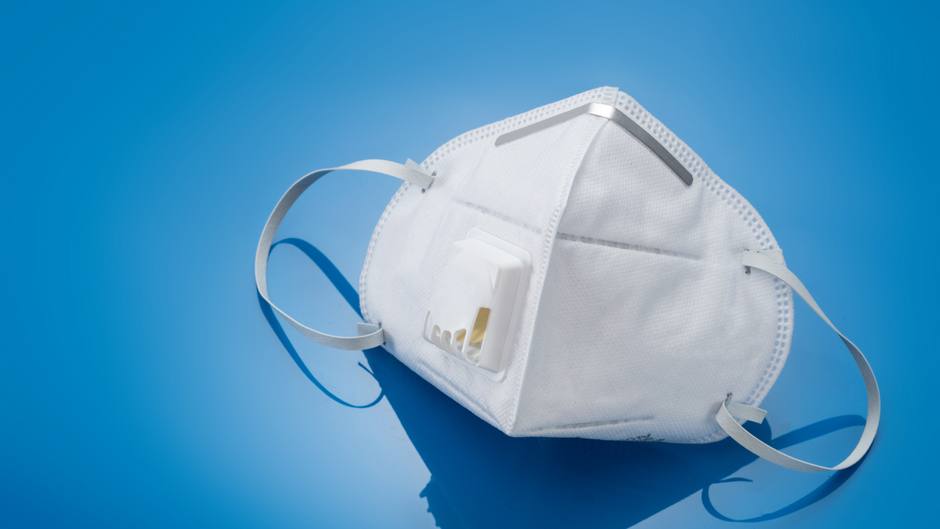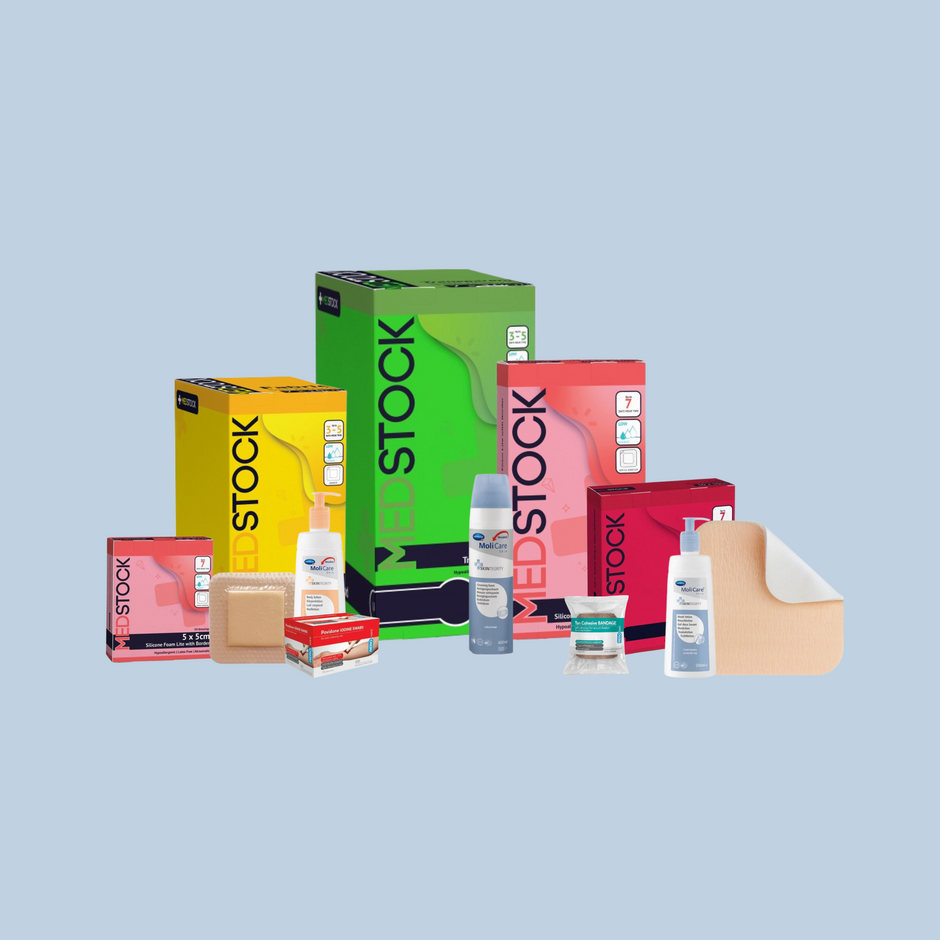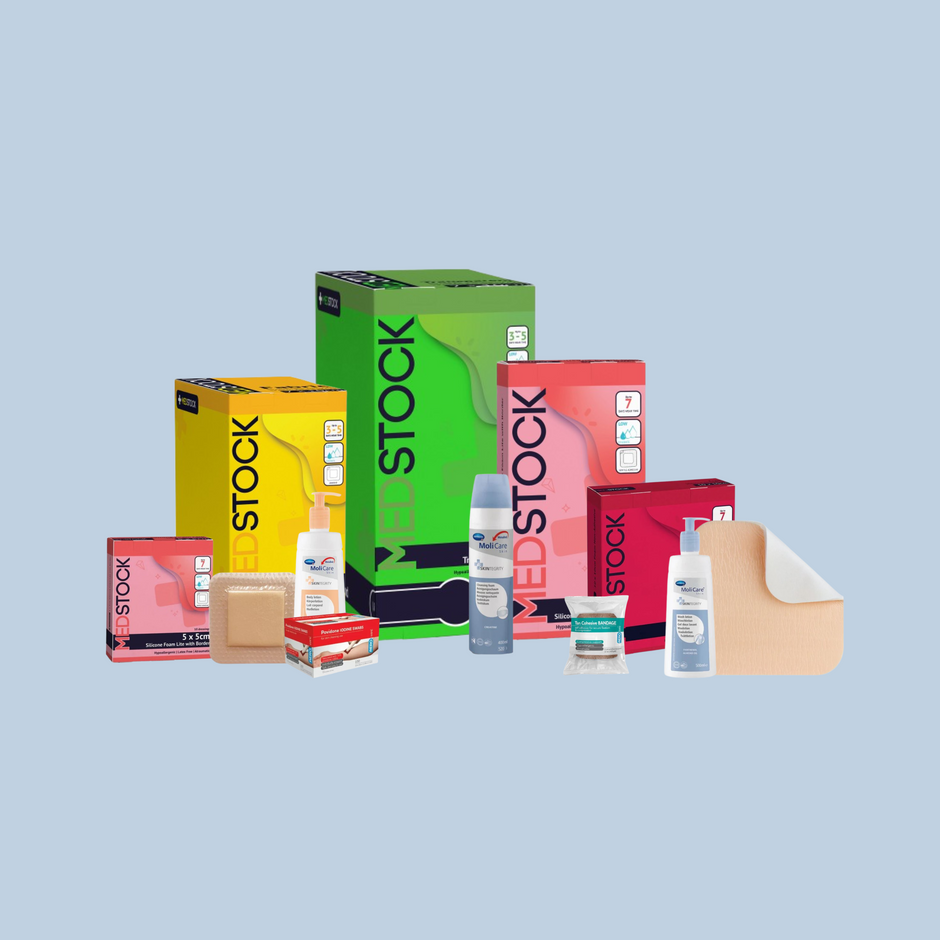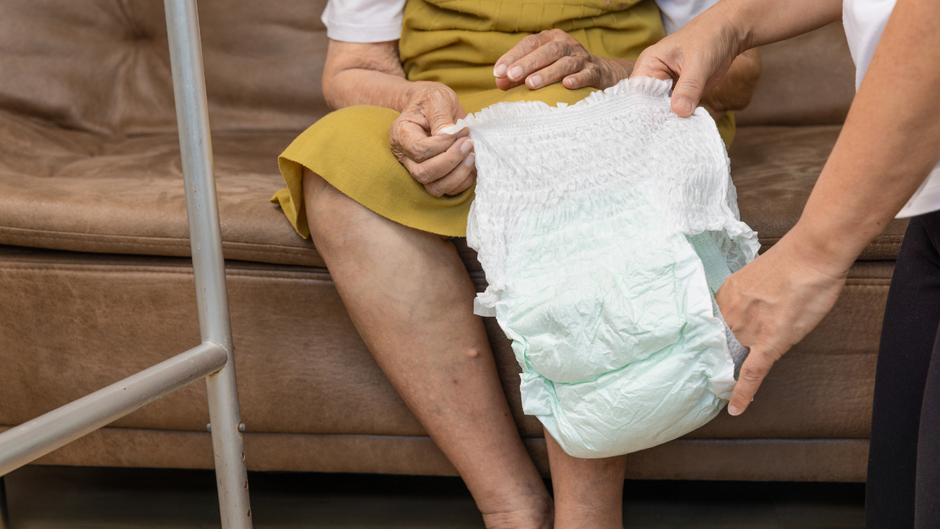Access to quality healthcare is a fundamental right for all individuals no matter where they are in the world. However, in remote communities, the availability and accessibility of high-quality healthcare products can be limited, posing significant challenges to the well-being and quality of life of the people that live in those communities.
In this blog post, we will explore the importance of quality healthcare products, specifically focusing on mobility aids, skin and wound care, continence care, and nutritional support. By understanding the significance of these products and their importance in remote communities, we can work towards improving healthcare outcomes for everyone.
Mobility Aids:
Enhancing Independence and Mobility
In remote communities, individuals may face physical limitations or disabilities that impact their mobility but not have the same access to effective mobility aids as if they lived in a larger city. Mobility aids such as wheelchairs, walkers, and crutches play a vital role in improving independence and enabling individuals to engage in daily activities. These aids not only enhance mobility but also contribute to mental well-being by reducing feelings of isolation and dependency.
Access to high-quality and properly fitted mobility aids is crucial for remote communities. Through partnerships with healthcare organisations like AusMed Health and government initiatives, it is essential to ensure the provision of durable and appropriate mobility aids that meet the specific needs of individuals in these areas.
Skin and Wound Care:
Preventing Infections and Promoting Healing
Proper skin and wound care is essential when it comes to preventing infections, promoting healing, and reducing the risk of complications. In remote communities where access to healthcare facilities may be limited, the availability of quality wound care products becomes even more critical. Products such as wound dressings, antiseptic solutions, and bandages are vital in managing acute and chronic wounds, preventing further damage, and maintaining hygiene.
Educating community members on basic wound care techniques and providing them with necessary supplies can empower individuals to manage minor wounds effectively. Additionally, healthcare professionals and organisations should collaborate to establish wound care clinics or telehealth services to address more complex cases and provide guidance remotely.
Continence Care:
Preserving Dignity and Comfort
Continence care is an essential aspect of healthcare, particularly for individuals with bladder or bowel control issues. In remote communities, where access to specialised care and products may be limited, the impact on individuals' quality of life can be significant. High-quality continence care products, such as absorbent pads, protective garments, and cleansers, play a crucial role in preserving dignity, comfort, and preventing skin irritation.
Collaborative efforts between healthcare providers and community organisations can help ensure the availability of appropriate continence care products in remote areas. Training community health workers and caregivers on continence management can also help to empower individuals to manage their conditions more effectively.
Nutritional Support:
Addressing Malnutrition and Dietary Needs
Proper nutrition is essential for overall health and well-being, yet remote communities may face challenges in accessing a diverse and nutritious food supply. In such areas, nutritional support products can play a vital role in addressing malnutrition, dietary deficiencies, and supporting specific dietary needs. These products can include oral nutritional supplements, enteral feeding formulas, and specialised diets.
Collaboration between healthcare providers, nutritionists, and community organisations is crucial in identifying nutritional needs, providing education on healthy eating habits, and ensuring the availability of appropriate nutritional support products. Additionally, initiatives such as community gardens, local food production, and education on sustainable agriculture can help promote self-sufficiency and improved nutrition in remote areas.
Summary
Access to quality healthcare products is essential in improving the well-being and quality of life for individuals in remote communities. Mobility aids, skin and wound care products, continence care items, and nutritional support products play crucial roles in addressing specific healthcare needs. By prioritising the availability, accessibility, and affordability of these products, healthcare providers, policymakers, and community organisations can work together to bridge the gap in healthcare disparities and ensure that individuals in remote communities receive the necessary support and resources.
It is important to recognise the unique challenges faced by remote communities, including geographical isolation, limited infrastructure, and a lack of healthcare facilities. These factors can hinder access to quality healthcare products, making it even more critical to address these gaps effectively.
Efforts should be made to establish partnerships between healthcare organisations, manufacturers, and distributors to ensure a consistent supply of high-quality healthcare products to remote communities. This can involve developing distribution networks tailored to these areas, implementing transportation systems that can reach remote locations, and collaborating with local community leaders to identify specific needs and preferences.
The importance of quality healthcare products in remote communities cannot be overstated and the team at AusMed Health are dedicated to providing high-quality healthcare products to remote communities.
Mobility aids, skin and wound care products, continence care items, and nutritional support play integral roles in addressing the specific healthcare needs of individuals living in these areas.
By prioritising the availability, accessibility, and affordability of these products, and through collaboration between healthcare providers, policymakers, manufacturers, and local community leaders, we can work towards ensuring that no individual is left behind in terms of healthcare access. Every person, regardless of their geographical location, deserves the opportunity to lead a healthy and fulfilling life.







